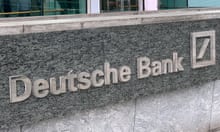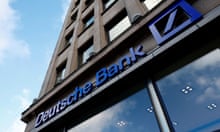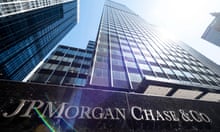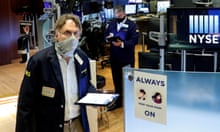A US court has overturned the conviction of two former Deutsche Bank traders for allegedly rigging the London Interbank Offered Rate (Libor).
A three-judge panel from the second US circuit court of appeals in Manhattan ruled the US government “failed to show that any of the trader-influenced submissions were false, fraudulent or misleading”.
Prosecutors had brought charges in 2016 against Gavin Black, the director of Deutsche Bank’s money markets and derivatives desk in London, and his New York-based colleague Matthew Connolly.
The pair were found guilty two years later of wire fraud and conspiracy to commit wire and bank fraud.
They appealed on the basis that the prosecution had not demonstrated they had violated the law.
The appeals court agreed in its opinion published on Thursday, stating the “evidence was insufficient to prove that defendants caused [Deutsche Bank] to make Libor submissions that were false or deceptive”.
The Libor benchmark has largely now been phased out but was a system to figure out how much banks should pay to borrow money from other banks. It was a vital measure that for years partly underpinned the interest rates that mortgage lenders would pay. The figure was released daily on an average of what 18 large banks anonymously said they were willing to pay to borrow.
However, in the early 2010s some banks had submitted false numbers that the average was calculated from, manipulating the price of Libor in order to benefit their trading arms.
The figures meant that Libor was set incorrectly by tiny amounts, but as the system underpinned about $300tn (£224tn) of contracts around the world, it resulted in huge gains for some.










